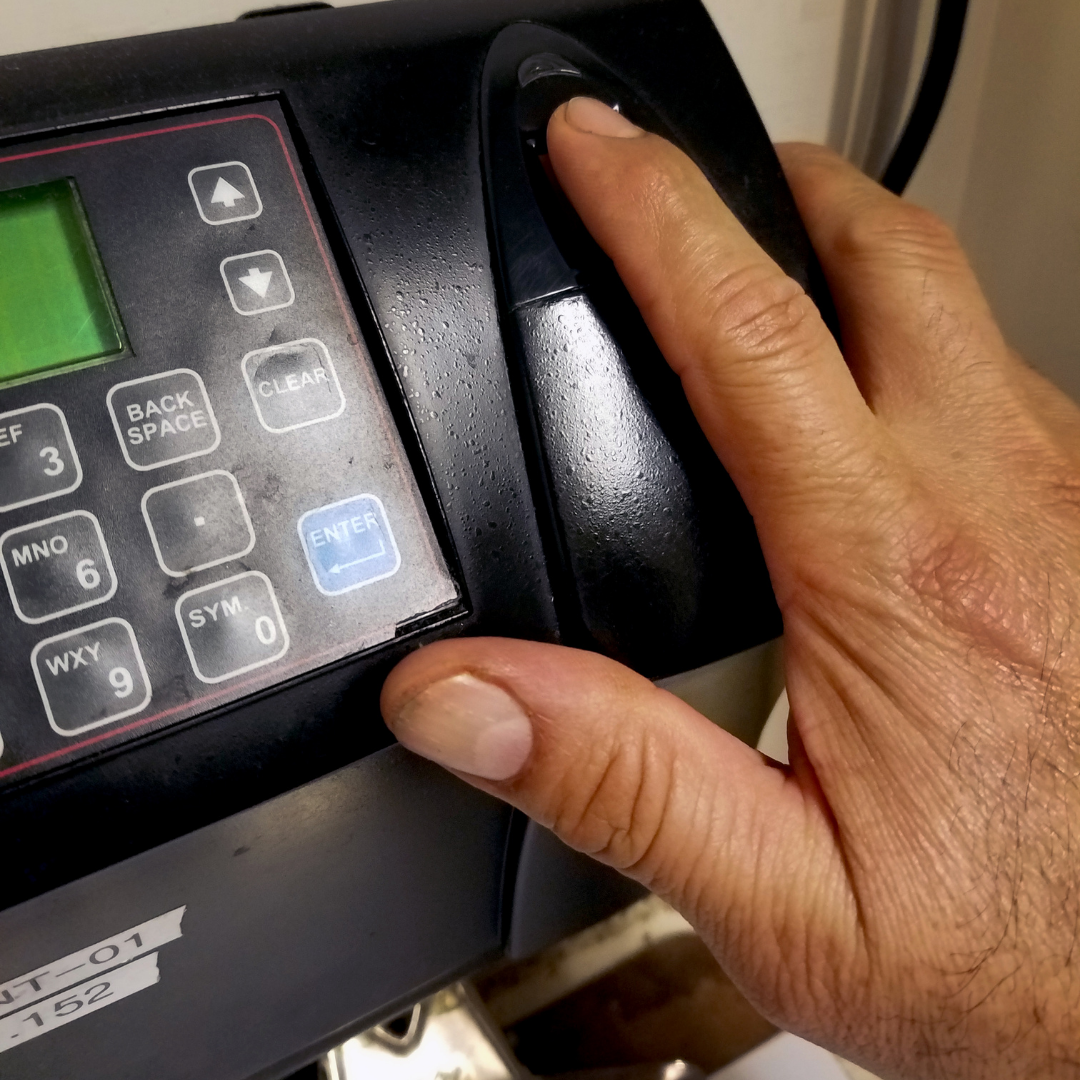Clocking in and out issues
The thought of clocking in and out often makes people think of factory workers lined up punching their clock cards down at the start or end of a shift (does Coronation Street spring to mind?)! Clocking in and out still has huge benefits in retail and can be completed in a 21st-century manner.
In a busy retail setting, it is often difficult to keep an eye on when employees start or finish work. It can lead to complications in calculating pay, or managing lateness and generally absorb management time.
Clocking in and out can prevent a whole number of problems from arising.
Why bother requiring your staff to clock in and out?
Legal obligation and assistance
All employers in the UK are required to keep records for employees who opt out of the 48-hour working time directive.
Furthermore, if an employee challenged their pay (calculation based on hours worked or holiday pay for example) the employer will need evidence of the hours worked.
Reducing management time
Clocking in is a really effective method of establishing whether employees are working to their contracted hours without any hassle. The records help to manage whether an employee is entitled to breaks, arrives and leaves on time, and whether employees are taking excessive breaks or not.
It’s also really important for employee well-being as clocking in records will enable managers to see who is consistently working additional hours. It can be the first step to noticing employee burnout or stress (more details on how to spot it and manage it here).
Reducing lateness
Employees are less likely to be late if they know that there is a firm record of the time which they clocked in for their shift. There is also the added bonus of being able to conduct management meetings to address lateness without having to spend hours asking colleagues what the start time was on a particular day.
Payroll help
Finally, clocking in machines often sync to payroll and automates payment calculations. This is most helpful for employees who work irregular hours or zero-hours workers. Why wouldn’t employers want this?
What are the main HR headaches with clocking systems?
The biggest problem with clocking systems is that they rely on correct usage. If an employee fails to clock in (intentionally or unintentionally) it can create a headache. It’s still less work than monitoring everyone’s hours but it’s certainly an issue that crops up.
Sometimes, employees will clock in for each other; or abuse the system themselves. Forgetting to clock in can sometimes be an excuse for arriving late at work or prolonging breaks.
With the advance in technology, we have also seen an increase in employee data concerns. Clocking in machines now retain employee data; from biometric (retina or fingerprint) to whereabouts (geotagging) or others.

Our Top Tips
- Ensure you have a compliant GDPR policy which refers to how you will store data and who (if anyone) it is passed to. Biometric data is classed as special category data for which you need specific consent to process. We recommend that each employee signifies their consent to this in writing.
- Use signage to remind staff to clock in and out
- Implement a staff handbook that sets out clear rules in regards to clocking in and out.
- Consistently take action against those who forget to clock in or out, or do so for one another such as informal chat; letter of concern; formal warning / disciplinary process.
In regards to tip 4 either call the FRA HR Helpline or Download our free How-To Guide on “How to conduct a disciplinary hearing”
Implications for Payroll in clocking in and out
We recently posted some guidance on deductions from wages in retail which can assist with pay accuracy but a clocking machine can also help with this. Clocking in means that employers have accurate ‘to the minute’ details on when an employee works. It is important that employers pay hourly paid staff (especially those on minimum wage) for the actual time worked.
Employers should not make a deduction for 10-minute intervals if the employee clocked in 1 minute late but they can make payments exact for the hours worked.
In the long run, accurate payment based on hours worked could be a cost-saving not to be missed!
Employment Law Solutions can help
If you have any further questions on how to implement a clocking-in machine or manage its use, call the HR Helpline for your free advice or request a quote for our fixed fee HR solution!
As part of the Farm Retail Association partnership with Employment Law Solutions, FRA members have access to a free hour per month with Employment Law Solutions. Get in touch to claim your free hour.





